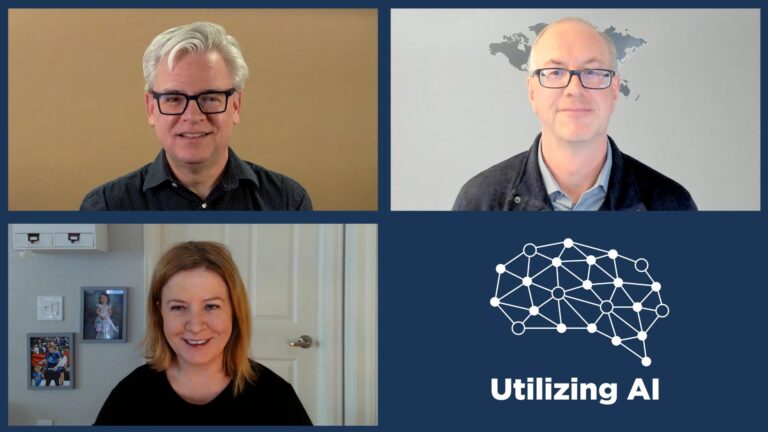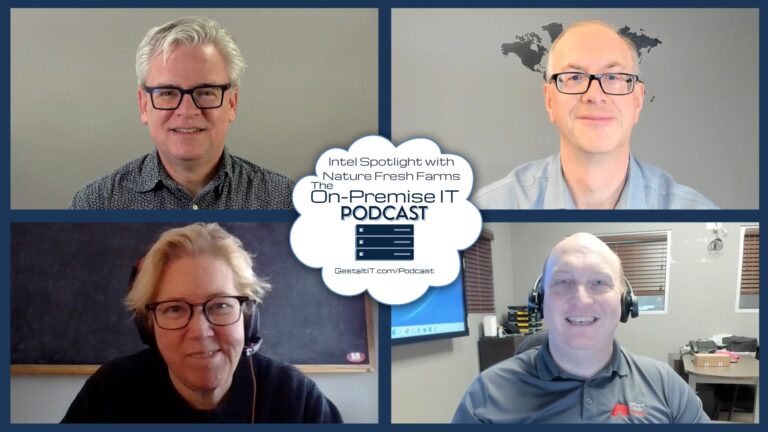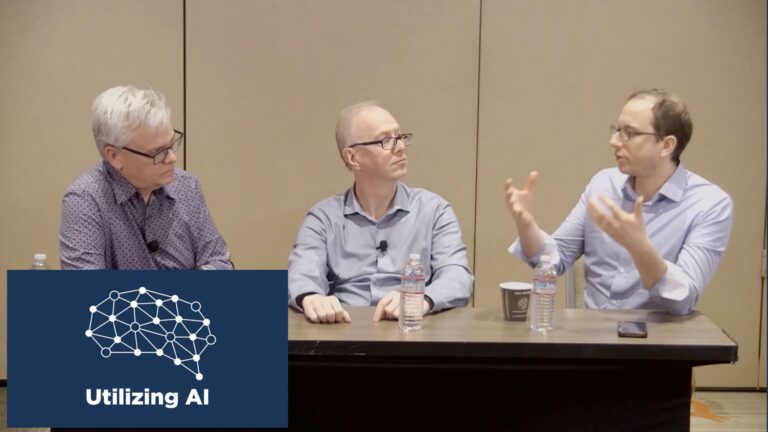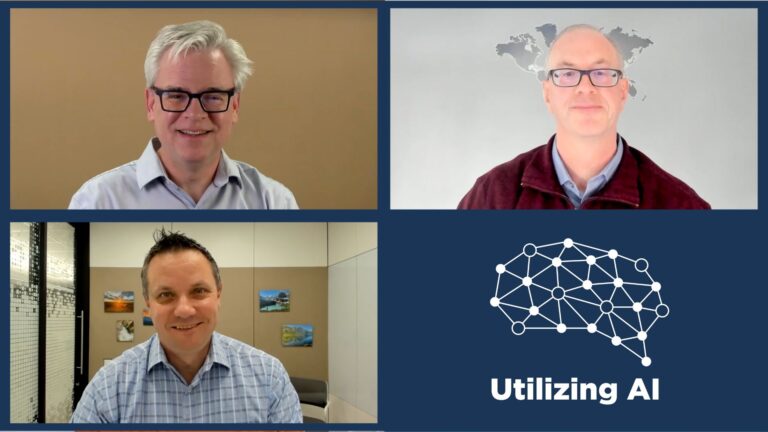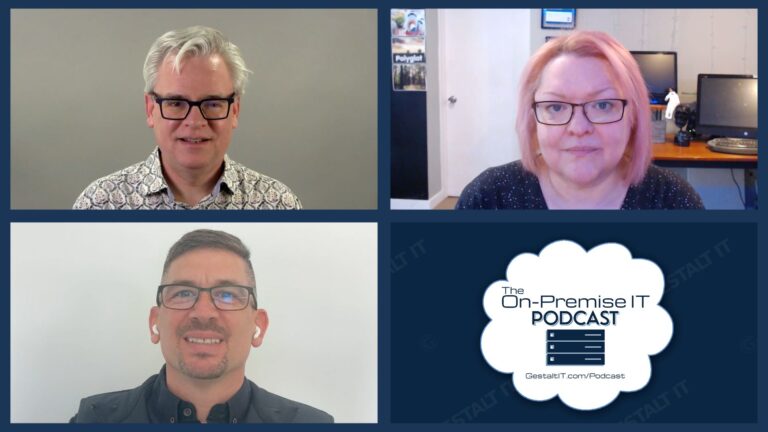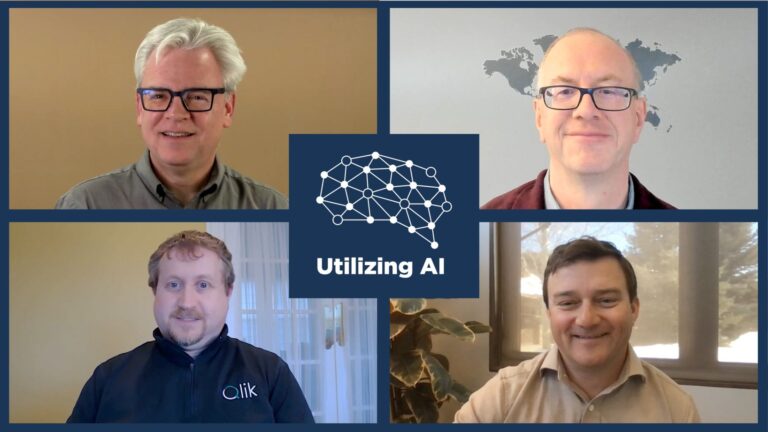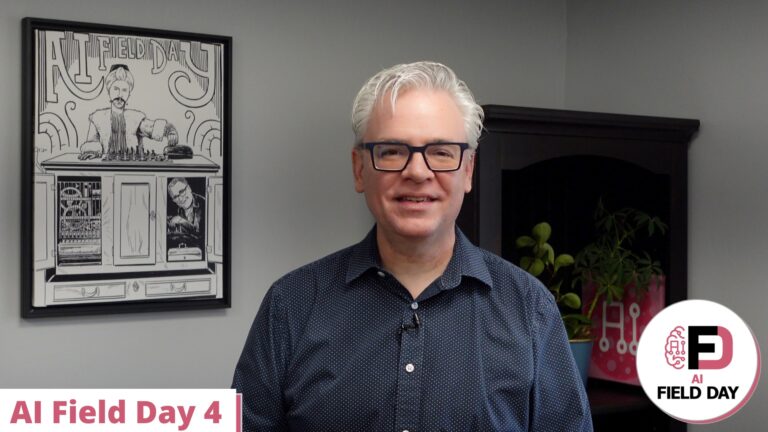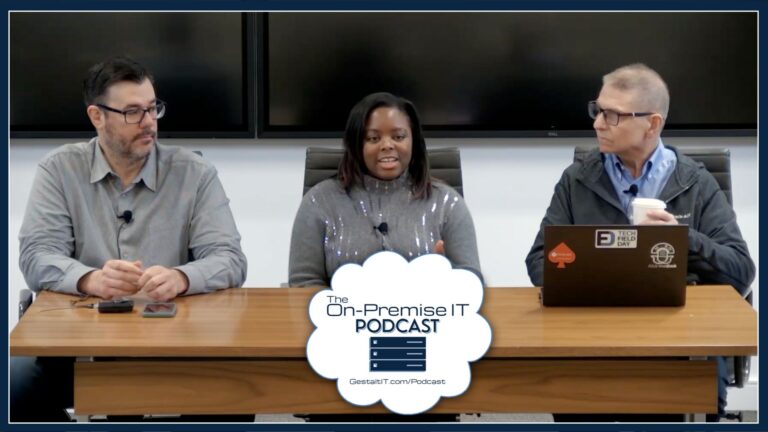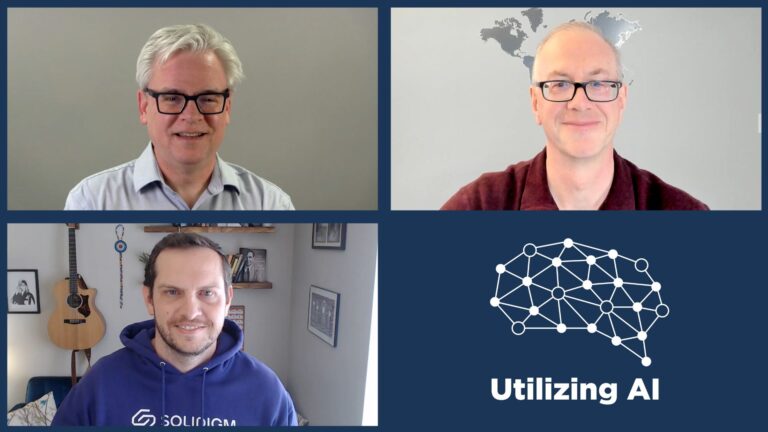
Great AI Needs Great Storage with Solidigm | Utilizing Tech 06×05
Many people involved in artificial intelligence don’t spend much time considering storage infrastructure. That’s the topic of this episode of Utilizing AI, which features Ace Stryker of Solidigm discussing the role of flash storage in AI infrastructure with Frederic Van Haren and Stephen Foskett. Considering the cost of GPUs and the rest of the AI stack, idle time is the enemy. That’s why it’s critical to have a low-latency storage layer to support tasks like training.

